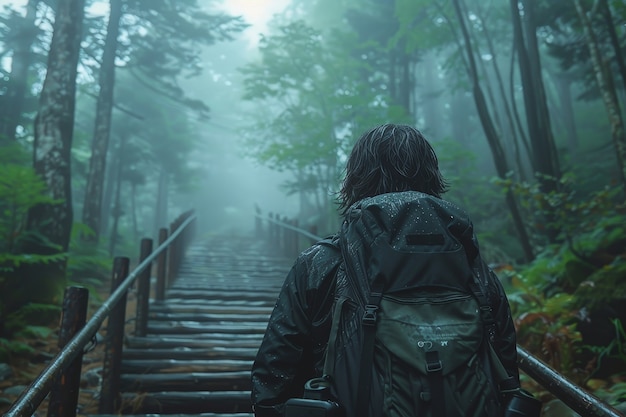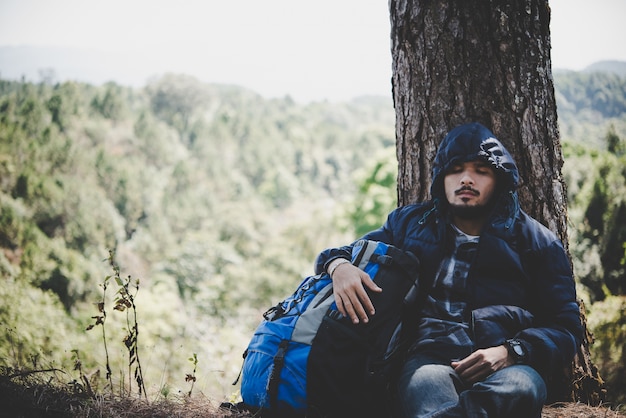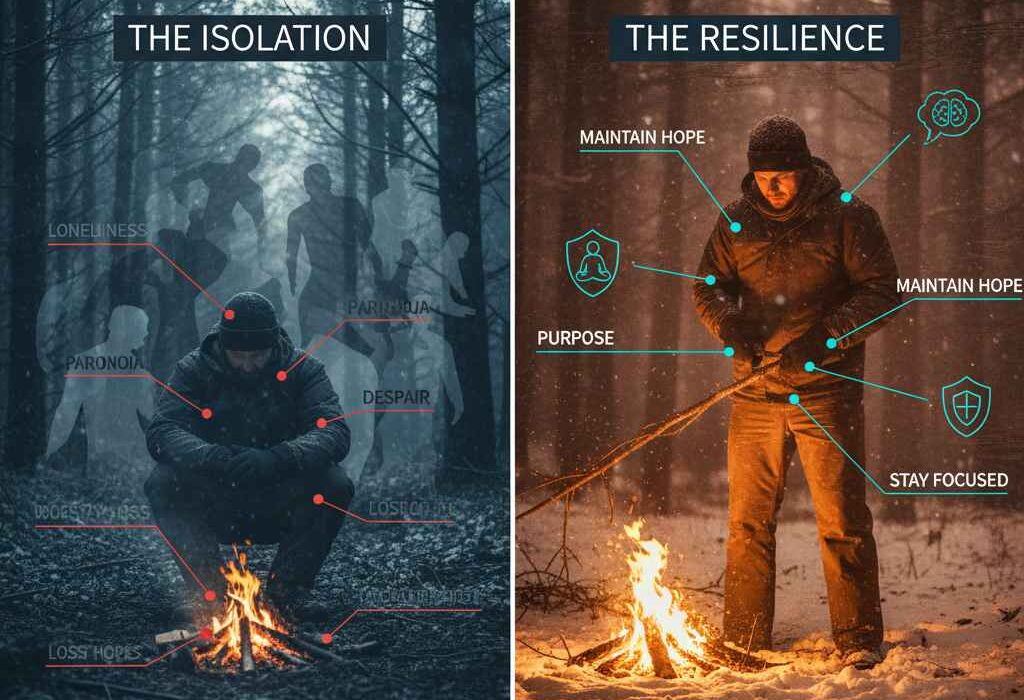🌍 The Hidden Danger of Solo Survival
When most people think of survival, they picture harsh terrain, wild animals, or extreme weather. But one of the biggest threats to a solo survivor is often overlooked: the mind itself. Isolation, stress, and fear can lead to mental fatigue, panic, and even collapse. In survival situations, keeping your mental resilience sharp can be just as important as finding water, food, or shelter.
🧠 Understanding the Psychology of Isolation
Being alone in the wild triggers stress responses in the body:
- Heightened Anxiety: Your brain becomes hyper-aware of threats, real or imagined.
- Depression: Extended solitude can sap motivation and make decision-making harder.
- Cognitive Fatigue: Lack of social interaction reduces mental flexibility, impairing problem-solving.
Even seasoned survivalists can struggle if they ignore the psychological dimension.

🔑 Techniques to Stay Mentally Strong
1. Set Daily Goals
- Break your day into manageable tasks: find water, gather firewood, inspect your shelter.
- Completing small goals provides a sense of purpose and achievement.
2. Maintain a Routine
- Structure helps your mind cope with the uncertainty of survival.
- Wake, eat, work on tasks, and rest at roughly the same time each day.
3. Stay Connected Mentally
- Speak your thoughts aloud—it helps regulate emotion and reinforces memory.
- Visualize loved ones or recall positive memories to combat loneliness.
- Keep a survival journal if possible: track locations, resources, and thoughts.
4. Engage the Senses
- Practice mindfulness: focus on natural sounds, textures, and smells.
- Awareness of your surroundings not only keeps you alert but reduces feelings of isolation.
5. Positive Self-Talk
- Reassure yourself during difficult moments. Phrases like “I am capable” or “I can find water and shelter” strengthen confidence.
- Avoid negative spirals—mental collapse often begins with self-doubt.

🏕️ Physical Strategies to Support Mental Health
Your body and mind are deeply connected. Strengthen one to support the other:
- Exercise: Light jogging, stretching, or chopping wood releases endorphins and reduces stress.
- Sleep: Rest is crucial for emotional regulation. Prioritize safe sleeping conditions.
- Nutrition & Hydration: Low blood sugar or dehydration intensifies irritability and panic.
🌟 The Importance of Preparation
The more prepared you are, the less mental strain you’ll experience.
- Know the terrain, climate, and local hazards.
- Bring multi-use tools and survival gear that increase confidence.
- Have contingency plans for navigation, shelter, and food sources.
Preparation reduces uncertainty—the biggest enemy of solo survival.
⚠️ Warning Signs of Mental Collapse
Watch for these red flags:
- Constantly feeling overwhelmed or hopeless
- Freezing during decision-making or avoiding critical tasks
- Hallucinations or paranoia
- Reckless behavior or ignoring safety
If you notice any of these signs, pause, focus on basics (water, food, shelter), and use grounding techniques to regain control.
🔑 Final Thought
Solo survival isn’t just a test of skill—it’s a test of the mind. Loneliness, fear, and stress are real threats that can undermine even the most physically prepared individual. By setting routines, focusing on goals, staying aware, and supporting both body and mind, you can survive—and thrive—alone in the wild.
👉 In solo survival, your strongest ally is your own mindset. Train it, protect it, and it will carry you through the toughest challenges.












